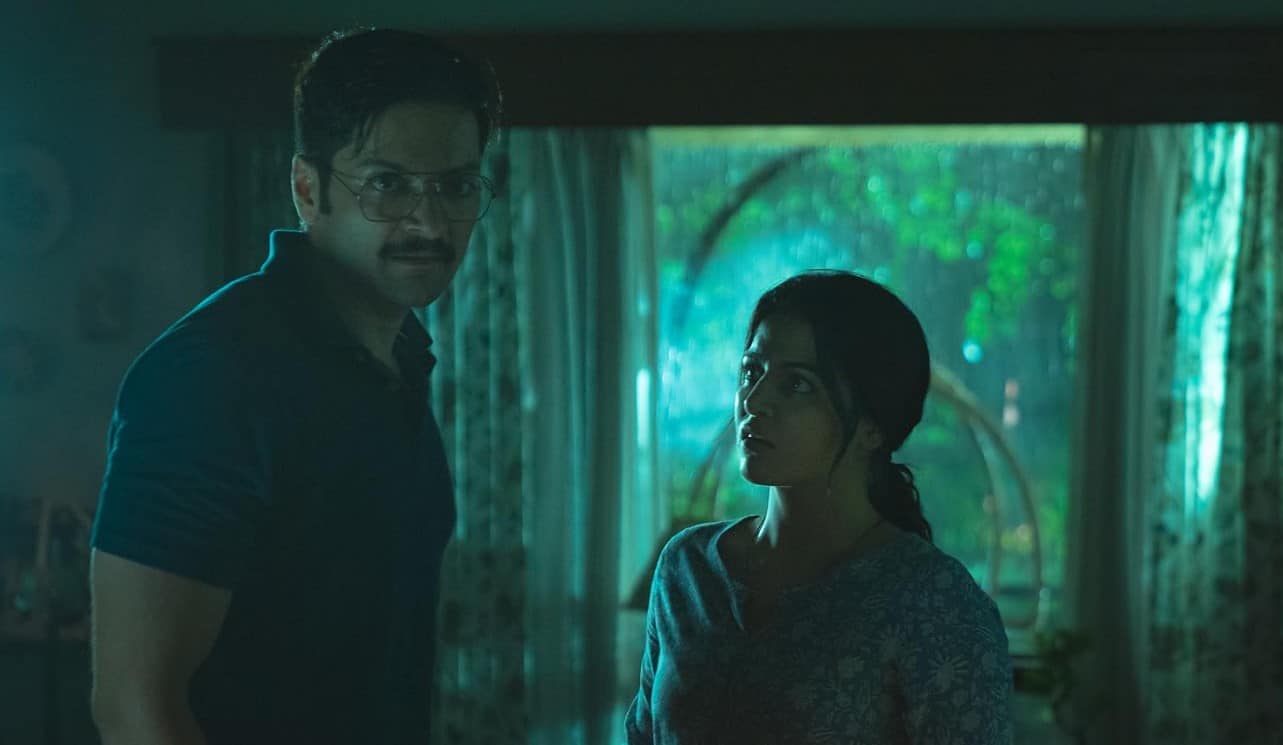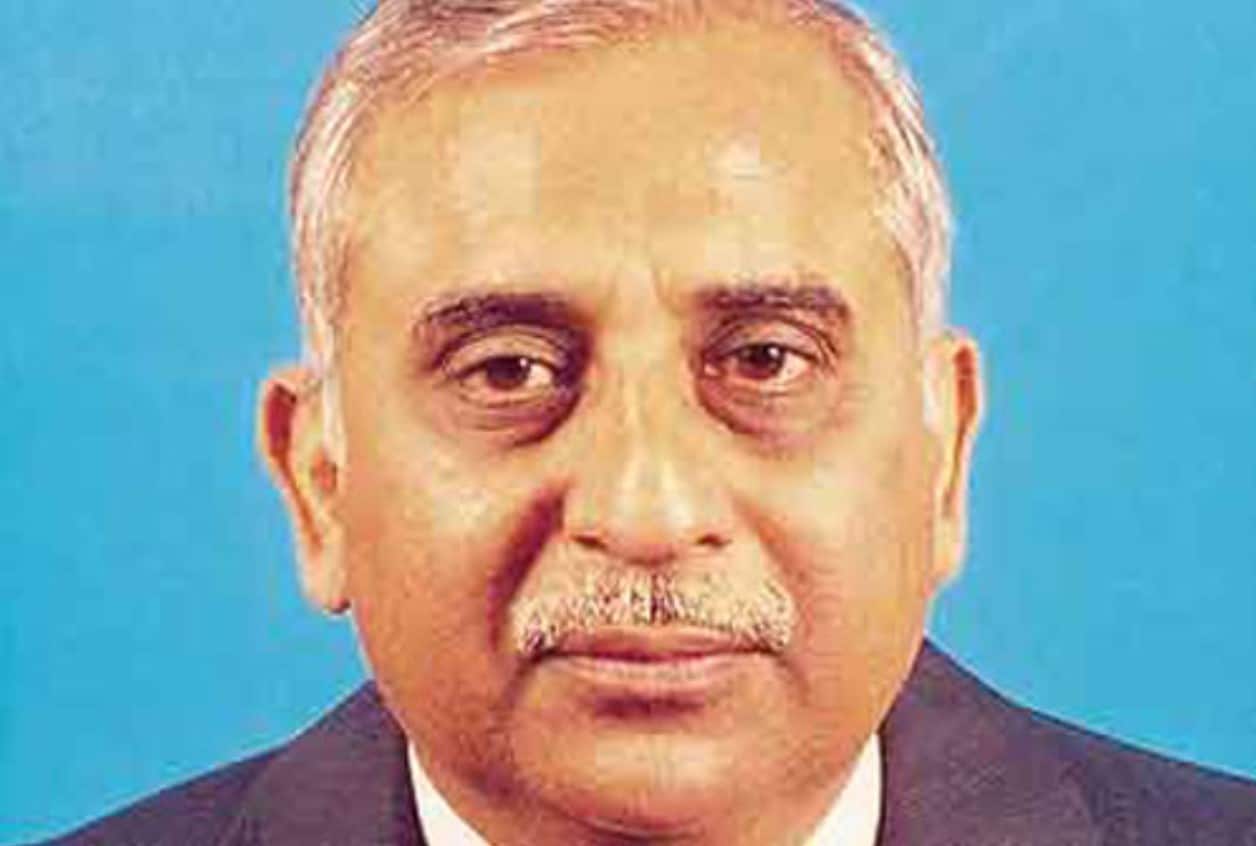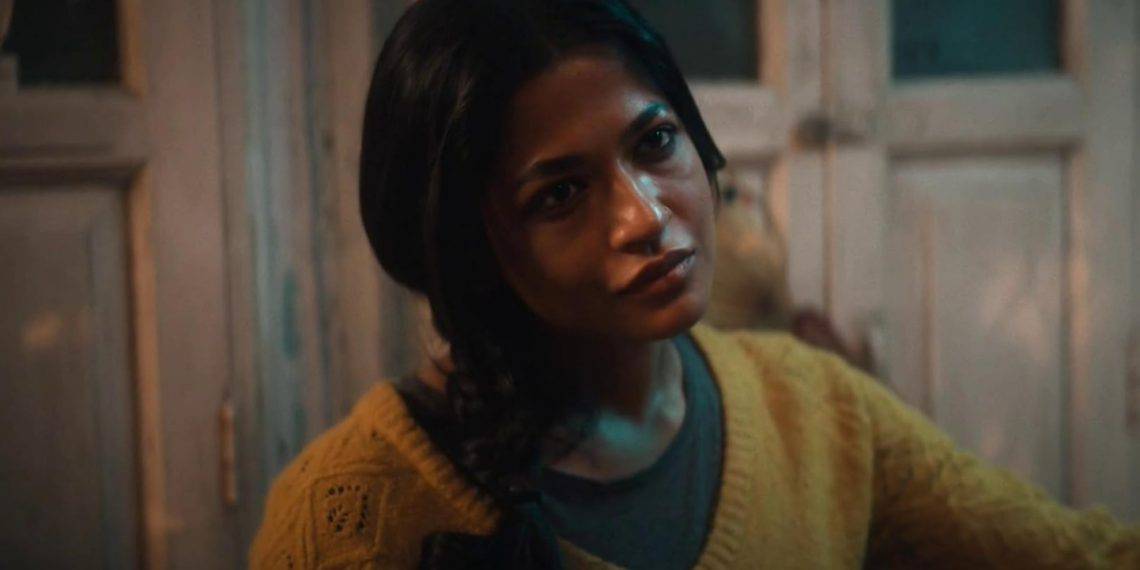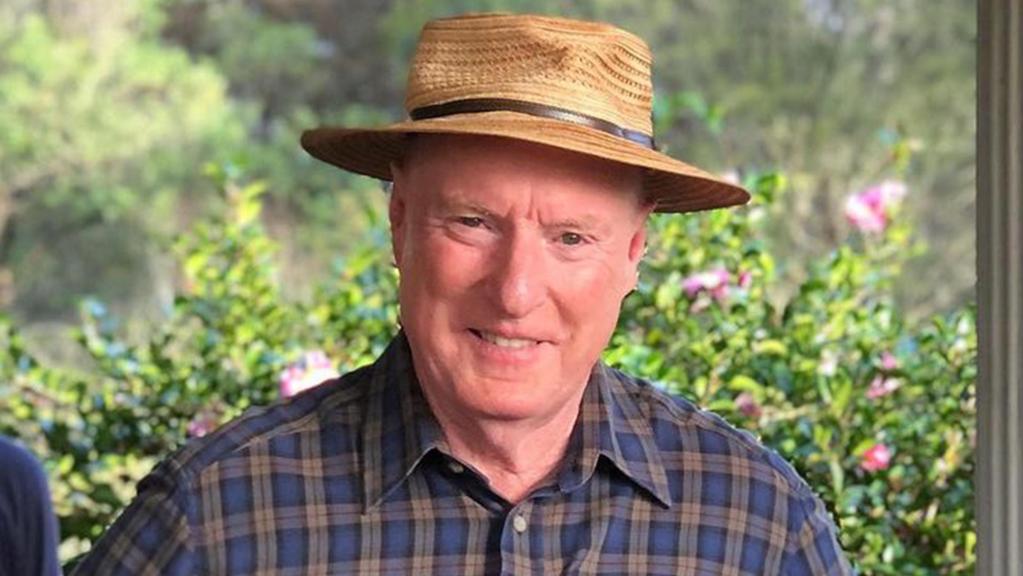Whenever there is a Vishal Bhardwaj project beyond the adaptations of Shakespeare, I get immediately curious because it usually boasts of a stellar cast in something inventive away from the usual beats of storytelling we are inundated with. The adaptation of the espionage novel Escape to Nowhere, written by Amar Bhushan, Khufiya, presents the story of a suspected Roy agent, Ravi Mohan, played by Ali Fazal, who is presumably sending vital and sensitive information to the CIA.
How Krishna Mehra, played by Tabu, has a personal stake in the matter to capture and expose him. How this, in turn, has a direct impact on Ravi’s personal life, consisting of her son, wife, and mother, forms the basic premise of Khufiya.
Khufiya Review
This movie extracted A tricky assessment within me because I was left conflicted as a lot of its features work in favor of the film, but others fall flat. And I think this has to do with the marriage between Vishal Bhardwaj’s poetry that often comes at loggerheads with the spy thriller genre.
One acknowledges the social commentary that Vishal Bharadwaj wanted to convey, especially with the women in this story. But it often compromises the mission at hand, where one would assume you would be at the edge of your seat. But you find yourself not as invested in this espionage tale that involves countries like India, Bangladesh, and the USA. You also do tell me what worked and did not work for you in this storyline.
I think what is effectively done in the film is twofold. The realistic portrayal of Agents actually comes as a refreshing change versus the high-octane action films in the form of Pathan and Tiger.
Because our assumption may be that our agents are kicking ass across continents, but essentially they are found in a mostly Sarkari environment, snooping on individuals for Intel. Long stretches of the film showcase the agents looking at CCTV footage for Intel. And this, precisely, is the not-so-glamorous job of agents.
What also works wonders for the film is the combination of wicked and twisted humor that is a Vishal Bhardwaj people when confronted with the most grave circumstances. And this is where an actor like Navnindra Behl, playing Ali Fazal’s mother, absolutely shines. She made me laugh the most as she said the most vindictive and God-awful things with a smile on her face.
The Negative
But while you acknowledge these positives, it is these conflicting themes where the film falters to hold your attention or care or root for the characters. The movie stretches with its running time of being close to two hours and 40 minutes long.
Beyond the diplomacy and international ties that get compromised in a commentary of identity and what characters keep to themselves versus what is projected.
Tabu and her struggle to be a quintessential wife and mother. Her inability to tell her son the truth about her reality. Vamika and her personality beyond the doting wife and mother that often gets expressed beautifully by the way in the comfort of her home alone. And this woke sense of nationalism that Ali Fazal has that puts him in the mess in the first place.

The film extends its running time, especially in the second half, becoming a concoction of Mrs. Chatterjee vs Norway and Razi that takes away from the intrigue built up in the first place.
The integration of Ram Sampath and a cult is laughable. And while you acknowledge the social commentary of the film, especially the portrayal of women as wives, mothers, and, more importantly, as individuals, it sometimes just gets lost in the process of not having bearings in a spy thriller, neither being here nor there. This is not to say that the film is a dud, but just that you expect way more from a legend like Vishal Bhardwaj.
Khufiya Ending Explained
The opening scene of the movie establishes the mood and is quite memorable. The murder of Heena Rehman makes it clear that R&AW has a spy, and the inquiry into whom, what, and why is now underway.
Near the end of the movie, Ravi finds a hidden camera at his house and runs to the USA with his mom and Kunal, leaving Charu (his wife), who opposes the betrayal of the nation.
Krishna then departs for the United States and starts his second search for Ravi. This time, she works with him to murder Mirza. She strikes a deal with Ravi, promising him freedom and the chance to see his family in India once more if he helps her kill Mirza.
In order to make the death appear natural and not shady, Krishna planned to mix poison into the lamb dish served at the meal. When nobody wants to eat the curry, Mirza realizes there is a problem and slashes Ravi’s mother’s throat, causing chaos in the home.
When Mirza slashes her throat, Ravi slams Mirza’s head into the wall, injuring him, and Krishna devises a plan to let him suffer to death. They frame the death as a tragic accident, keeping their identity a mystery. We have one last shot of Ravi in India, but we don’t know if he has his guaranteed freedom.

Krishna is seen in the last scenes wondering whether to tell her son the whole truth and talking to her son about it. On his birthday, she calls him, and we get a feeling of fulfillment. The movie comes to a satisfying and surprisingly pleasant conclusion, with Krishna receiving the closure.
Why Was Heena Killed?
The movie opens with the killing of Heena Rehman, who was known by her code name Octopus, at an event hosted by Brigadier Mirza, Bangladesh’s defense minister. When Mirza answers his phone and reveals he knows what’s hidden in the glass, the light flirting comes to an end as Octopus is stabbed in the neck with a fork. But who is the R&AW mole?
Agent Ravi Mohan is a character who is repeatedly questioned throughout the movie. After his office was bugged, we saw him reading classified documents, which were probably related to Heena’s death. We’re not sure who he was mailing it to at that time. Later, it turns out that Ravi Mohan is a CIA agent.
In order to successfully transfer Osama Bin Laden, the CIA had to gain the ISI’s trust, so it alerted Pakistani intelligence of a potential attack on Mirza. If R&AW had killed Mirza (as was originally planned), the CIA would no longer have the trust of the ISI, and the India-American nuclear agreement would have crumbled. In order to achieve the objectives of American intelligence, they were forced to sacrifice Octopus.
Khufiya Based On A Real-Life Story
The Netflix movie directed by Vishal Bhardwaj is based on the book “Escape to Nowhere” by Amar Bhushan. Since Bhushan has spent the last twenty-four years working in the R&AW, he is able to present details in his writing.
The story was based on a real-life incident in which a CIA honey trap lured an R&AW operative. According to the Khufiya timeline, the events of 2004 happened exactly as foretold. The man in doubt was a CIA mole, according to a sophisticated surveillance system that the intelligence team had put up.
Rabinder Singh was the agent, and he was employed at R&AW until he escaped to America in 2004. The Indian intelligence agency became concerned when Singh began frequently photocopying top-secret papers and as his income increased. Despite being closely watched, Singh avoided arrest and fled to the USA via Nepal with his wife.

Additionally, it is said that Singh’s plan was reported to the R&AW unit in Nepal, but nothing was done about it. The book by Bhushan clarifies how difficult it is to carry out such actions. Rabinder was finally located in New Jersey in 2007 by R&AW. According to rumors, Singh changed his full name to Surenderjeet Singh, and he tried to get refuge in the United States, but his request was denied.
After escaping to America, Singh’s life took a catastrophic turn, leaving him with little to no means of support after the CIA stopped giving him money. To make ends meet in the strange place, he sought to find odd employment, but even those prospects were turned down.
In Maryland, United States, Rabinder Singh was involved in a deadly accident in 2016. Rabinder Singh’s life deteriorated after his escape despite the fact that he was not arrested. He was no longer useful to the CIA and was wanted by his own nation.





